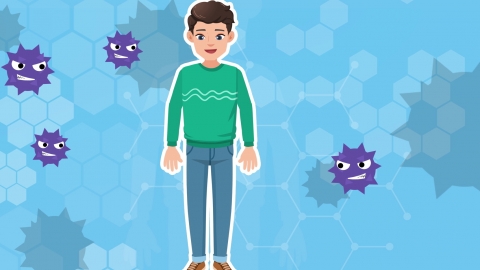How many years is the hepatitis B vaccine effective?
Under normal circumstances, the protective effect of the hepatitis B vaccine generally lasts for more than 10 years, and in some individuals, it may last even longer. However, the exact duration is influenced by factors such as individual immune function and antibody levels. If concerned, it is recommended to seek medical advice in advance. Detailed analysis is as follows:

For individuals with normal immune function, after completing the full course of hepatitis B vaccination, the protective antibodies produced in the body can remain stable for more than 10 years, and there is no need for frequent booster vaccinations during this period. The daily infection risk in these individuals is relatively low, and the rate of antibody decline is slow, enabling long-term protection against the hepatitis B virus.
For individuals with weakened immune function, such as the elderly, patients with chronic diseases, or those receiving immunosuppressive therapy, the rate of antibody decline may accelerate, potentially shortening the protection period to less than 10 years. Additionally, individuals with inherently low antibody titers after vaccination may also experience a shorter protection period and should pay closer attention to changes in their antibody levels earlier.
It is recommended to regularly monitor antibody titers after hepatitis B vaccination, especially for high-risk groups who should be tested every 3–5 years. If the antibody titer falls below 10 mIU/ml, timely revaccination is advised. Vaccination should be performed at qualified medical institutions to ensure vaccine quality and standardized administration, thereby guaranteeing protective efficacy.






